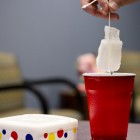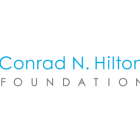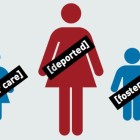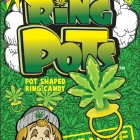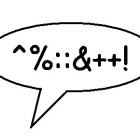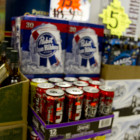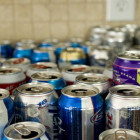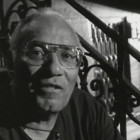
Piri Thomas was no saint.
As a kid, he grew up in the Spanish Harlem where he lived a vicious street life: he robbed people and places, sold and took drugs and was in a gang. But while in prison, he decided to use his experiences and his writing — which he called “the Flow” — to help turn youth away from a life of crime.
Some people say that a person can’t change, that a criminal is always a criminal. He disproved this belief and presents a message of hope for outcasts and at-risk youth. He knew he had not been born a villain, that he could do more with his life. And he did.
Thomas, who died last week at the age of 83, began life as an outsider, someone with the desire to escape. His family refused to acknowledge its African blood, and the neighborhood youth mistreated him for his dark, Afro-Cuban-Puerto Rican background. To survive, he plunged himself into life on the streets where he felt empowered. Eventually, though, he found himself in prison for wounding a police officer during a holdup.
After serving seven years, he published a passionate, graphic memoir in 1967 that addresses issues including poverty, youth, violence, imprisonment and racism. Down These Mean Streets went on to become an influential best seller and a classic.
